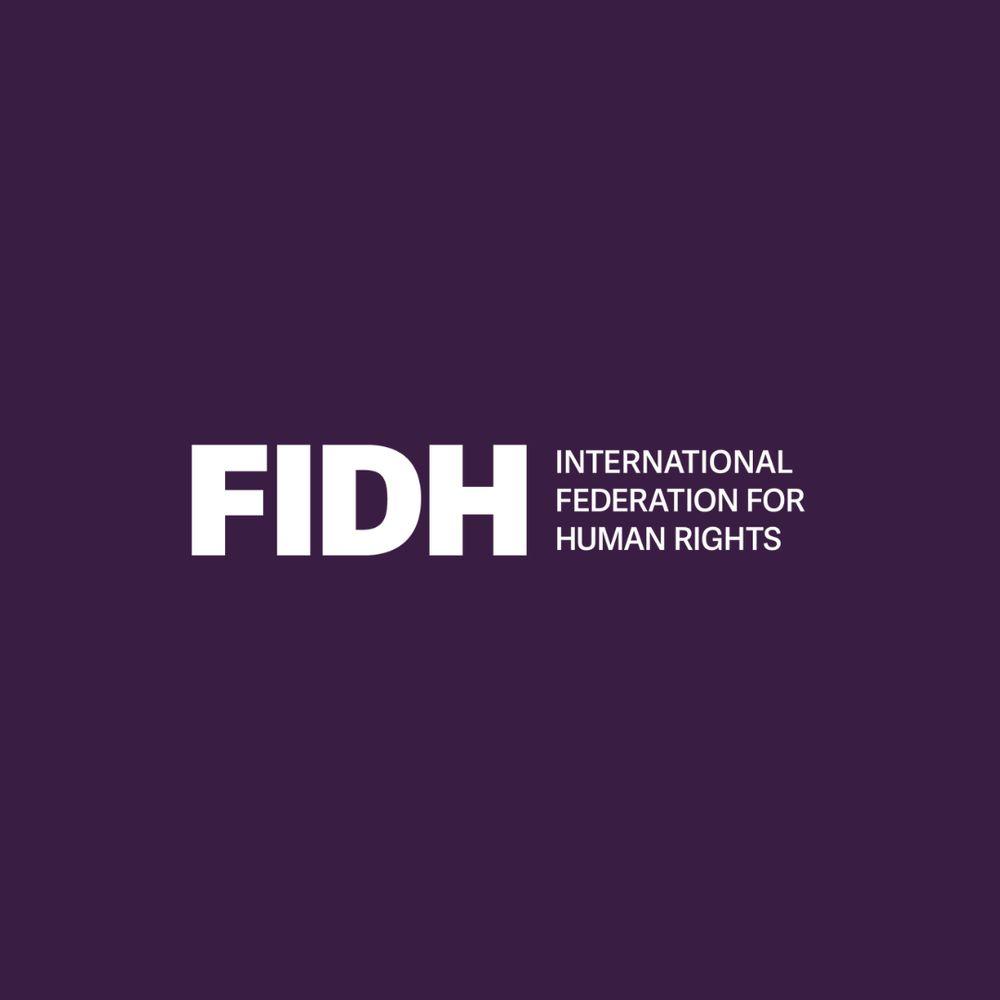
In an era where democratic values are increasingly under threat, the International Federation for Human Rights (FIDH) report dated October 2025 provides a critical analysis of the ongoing challenges to the right to protest. This report serves as a wake-up call for democracies worldwide, highlighting the alarming trend of sustained attacks on this fundamental civil liberty. As citizens globally exercise their right to dissent, the FIDH outlines the various methods employed by governments to suppress these voices, revealing a stark picture of the state of freedom in societies that claim to uphold democratic principles.
The findings encapsulated in the FIDH report underscore the urgent need for collective action to protect civil liberties. By documenting instances of repression, violence, and legislative restrictions against peaceful protesters, the report aims to galvanize support for safeguarding the right to protest. As we delve into the key findings and their implications, it becomes evident that understanding and addressing these abuses is crucial for the resilience of democracies everywhere. Through its insights, the FIDH not only sheds light on existing injustices but also lays the groundwork for future advocacy and reform efforts to ensure that the voices of dissent are heard and protected.
A comprehensive overview of the FIDH report on the right to protest
The International Federation for Human Rights (FIDH) report dated October 2025 delivers a critical analysis of the growing threats to the right to protest in democracies worldwide. It meticulously examines recent patterns of state responses to peaceful demonstrations, revealing a troubling trend of repression, violence, and legal restrictions aimed at silencing dissent. By compiling testimonies from activists, extensive case studies, and statistical data, the FIDH presents a stark portrayal of the current landscape for protest rights. The report underscores that the right to protest is a fundamental civil liberty vital for democratic governance and public discourse.
In this comprehensive evaluation, FIDH highlights how various governments have employed a range of strategies to undermine the right to protest. This includes the implementation of restrictive laws, the excessive use of force by law enforcement agencies, and a growing atmosphere of surveillance aimed at curbing dissent. The report calls attention to the alarming normalization of these tactics, warning that they not only threaten individual freedoms but also erode the very foundations of democracy. By contextualizing these events within global trends and historical precedents, the FIDH report serves as both a significant warning and a call to action for activists, policymakers, and citizens invested in the preservation of human rights.
Key findings highlighting sustained attacks in democracies
The International Federation for Human Rights (FIDH) report dated October 2025 uncovers alarming patterns of repression against the right to protest in democracies around the globe. This comprehensive analysis reveals specific case studies where governments have implemented restrictive laws and aggressive policing tactics to curtail peaceful demonstrations. Notably, the report documents instances where authorities have resorted to surveillance, excessive use of force, and arbitrary detention of protesters, all in an effort to stifle dissent. These practices, often justified under the guise of maintaining public order, threaten the very foundations of democratic society and the right to expression.
Moreover, the FIDH report emphasizes how societal polarization exacerbates the situation, leading to a climate of fear among those who wish to exercise their right to protest. The findings indicate that marginalized groups face even greater obstacles, as their voices are often silenced through targeted legislation and violent crackdowns. By examining the intersection of socio-political factors and legal frameworks, the report invites urgent reflection on how these sustained attacks undermine not only individual rights but also the overall health of democracies. In doing so, it urges citizens and policymakers to recognize the crucial importance of protecting the right to protest as a fundamental civil liberty.
The impact of FIDH's insights on protecting civil liberties in the future
The International Federation for Human Rights (FIDH) report dated October 2025 sheds light on critical trends that threaten the right to protest in democracies. By exposing the patterns of suppression, the FIDH empowers activists, policymakers, and civil society organizations to challenge these violations effectively. As communities rally around these findings, they foster greater awareness about the importance of preserving democratic spaces where dissent can flourish. The insights provided by the report serve not only as a wake-up call but also as a roadmap for future advocacy efforts aimed at safeguarding fundamental human rights.
Moreover, the FIDH report acts as a catalyst for international cooperation among organizations dedicated to defending civil liberties. By highlighting abuses across various democracies, it encourages a unified response to combat the erosion of protest rights. Advocacy groups can leverage these findings to hold governments accountable while driving policy changes that reinforce the protection of civil liberties. With a strengthened commitment to monitoring and reporting these attacks, the FIDH empowers citizens worldwide to reclaim their right to protest, ensuring that freedom of expression remains a cornerstone of democratic life.